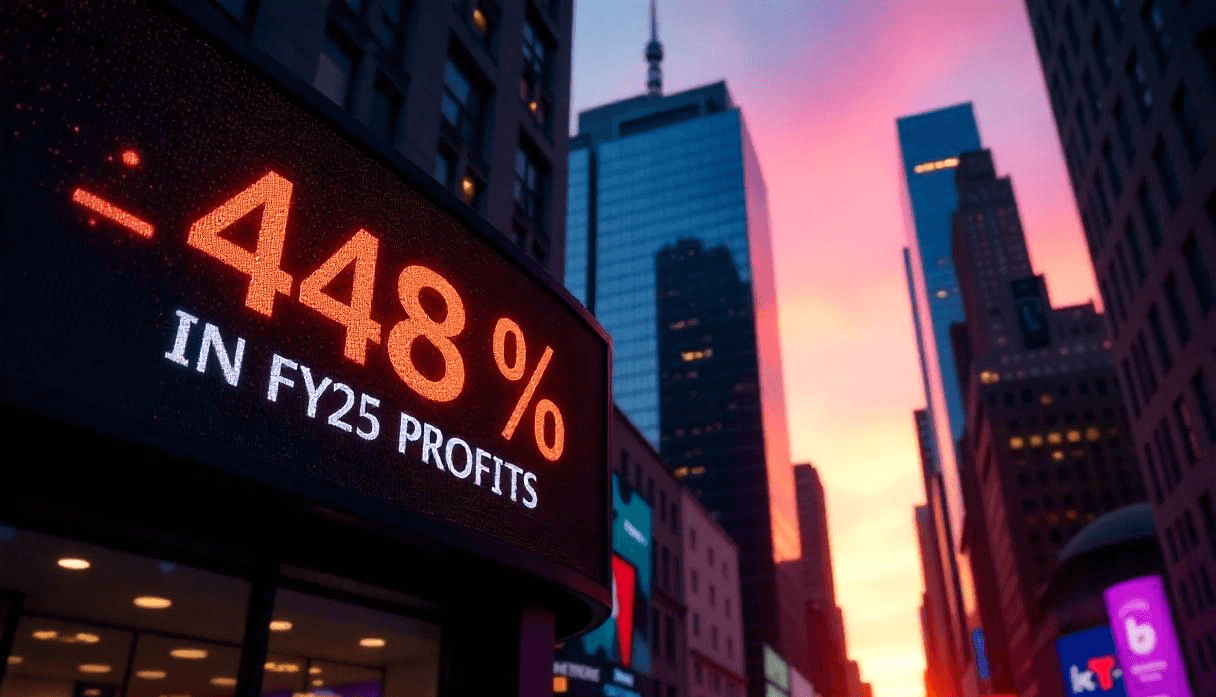SBI Sees Easing of Personal Loan Woes with Tighter Credit Rules

India’s largest lender, State Bank of India (SBI), is optimistic about a reduction in personal loan delinquencies following the Reserve Bank of India’s (RBI) recent tightening of credit norms. The move comes in response to a surge in unsecured personal loans and credit card outstandings, which had prompted concerns about financial stability in the retail credit segment.
As per senior SBI officials, the revised guidelines introduced by the RBI in November 2023 are starting to show early signs of stabilizing the sector by reining in risky lending practices, particularly in the unsecured retail loan category.
Background: Rising Worries Over Unsecured Retail Lending
In the last few years, unsecured personal loans—including credit cards, consumer durable loans, and small-ticket lending—witnessed exponential growth due to increased consumer demand, digital credit access, and aggressive lending strategies by fintechs and NBFCs.
While this fueled consumption and supported post-pandemic recovery, it also triggered warnings from the RBI about over-leveraging, rising NPAs, and potential systemic risks.
According to RBI data:
- Unsecured personal loans grew by over 23% YoY in FY2023.
- NBFCs and private banks were major contributors to this surge.
- Early delinquency indicators, especially in the under ₹50,000 loan bracket, showed a sharp uptick.
RBI’s Credit Tightening Measures
In November 2023, the RBI introduced revised norms to curb excesses in unsecured lending. Key measures included:
- Higher risk weightage (125%) for unsecured retail loans for banks and NBFCs.
- Encouraging banks to strengthen internal credit assessment frameworks.
- Tighter underwriting standards for Buy Now, Pay Later (BNPL) and instant loan platforms.
- Enhanced disclosure norms for digital lenders to ensure transparency.
These moves aimed at creating guardrails around personal loan disbursement, ensuring lenders don’t compromise on borrower affordability and repayment capacity.
SBI’s Response: Early Signs of Recovery
According to SBI, the impact of RBI’s regulatory intervention is already visible on the ground. The bank has noticed:
- Reduced demand for high-risk personal loans.
- A shift towards better credit quality borrowers.
- Improvement in collection efficiency ratios.
- Early signs of delinquency stabilization in the sub-₹1 lakh segment.
SBI officials stated that their risk-based pricing strategy, combined with RBI’s norms, is helping bring discipline to the market. They have also increased focus on secured retail loans, such as gold loans and car loans, which have lower default rates.
What SBI Officials Are Saying
“We’re seeing a moderation in demand for unsecured credit as borrowers and fintechs adapt to the new regulatory environment. The market is normalizing, and we expect further improvement in loan performance over the next two quarters.”
– Senior SBI Executive (quoted anonymously)
SBI believes that a data-driven approach to underwriting and partnerships with credible fintechs will continue to play a key role in maintaining portfolio quality.
Market Impact and What It Means for Borrowers
While the RBI’s measures may lead to slower credit growth in the short term, they are expected to:
- Improve credit discipline among borrowers.
- Reduce the incidence of over-borrowing and loan stacking.
- Foster long-term financial stability in the retail segment.
- Encourage lenders to innovate responsibly.
Borrowers with strong credit histories will continue to get favorable loan terms, while first-time or high-risk borrowers may face stricter scrutiny.
Expert Insights
Banking analysts have largely supported the RBI’s move. According to a report by CRISIL:
“The tightening of risk weightage has led to a temporary slowdown in unsecured loan disbursement, but this is a healthy correction that will fortify the sector against credit shocks.”
Key Takeaways
- SBI sees improvement in personal loan performance due to tighter RBI norms.
- Focus is shifting toward higher-quality borrowers and secured retail loans.
- The market is adjusting to a risk-aware lending environment.
- RBI’s measures aim to ensure sustainable credit growth and minimize systemic risk.
Recent post
Take Fintegriti for a Test Drive
No License Required!
Still on the fence? Hop in and experience payments so smooth,
even your morning coffee will be jealous



